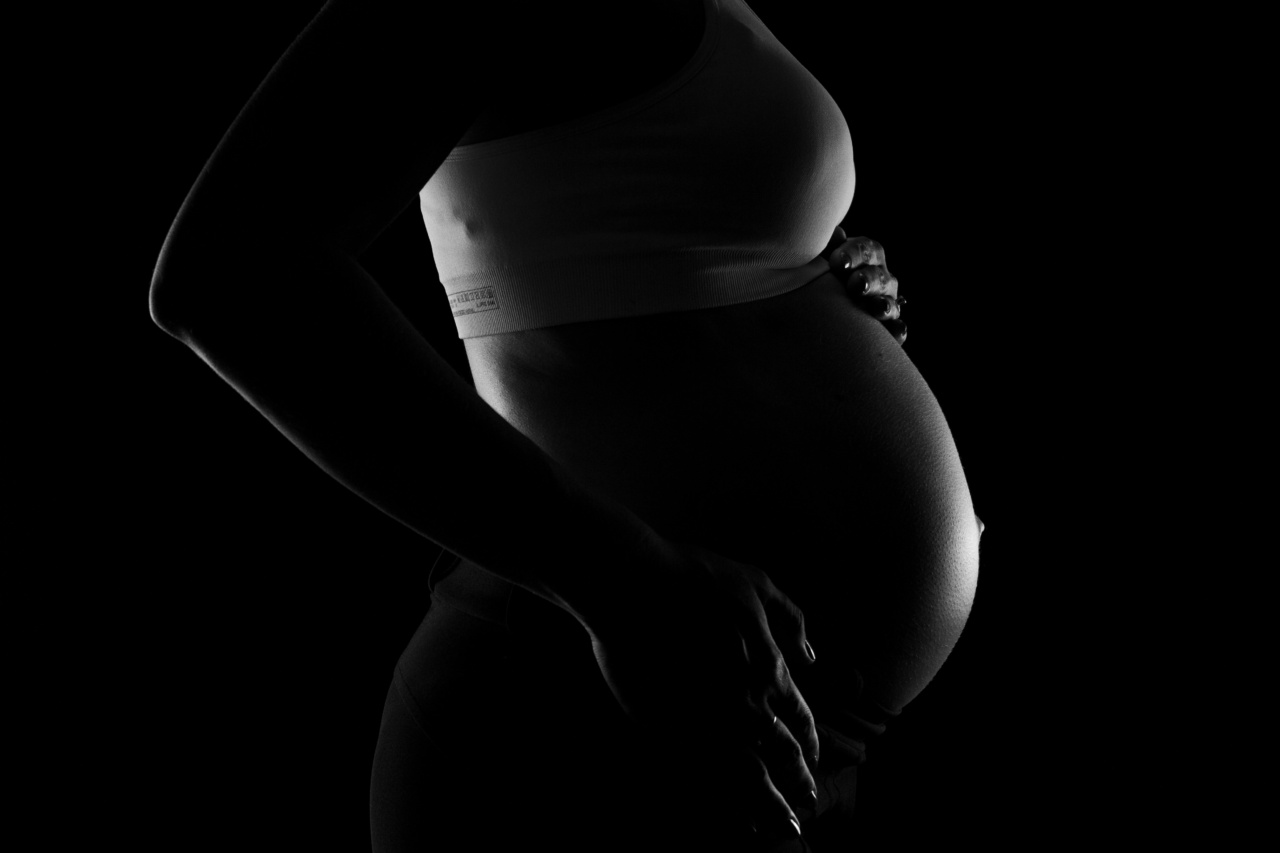Breast cancer is one of the most common forms of cancer in women, and it is estimated that approximately 1 in 8 women will be diagnosed with breast cancer in their lifetime.
While the majority of cases of breast cancer occur in women who are over the age of 50, there has been a rising trend of breast cancer cases occurring during pregnancy. This article will explore the reasons behind this phenomenon and what steps can be taken to prevent and treat breast cancer during pregnancy.
Understanding Breast Cancer
Before delving into the rise of breast cancer during pregnancy, it is important to have a basic understanding of breast cancer itself. Breast cancer occurs when abnormal cells in the breast begin to grow uncontrollably, forming a lump or tumor.
While many types of breast cancer are fueled by the hormone estrogen, there are also other factors that can contribute to the development of breast cancer, such as genetics and lifestyle choices.
What Causes Breast Cancer During Pregnancy?
There are several factors that may contribute to the rise in breast cancer cases during pregnancy. One of the most significant factors is the increase in hormones that occurs during pregnancy.
Estrogen and progesterone levels rise dramatically during pregnancy, and while these hormones are essential for a healthy pregnancy, they can also increase the risk of breast cancer.
In addition to hormonal changes, there are also other factors that may contribute to the development of breast cancer during pregnancy.
Women who are older when they become pregnant may be at increased risk, as are women who have a family history of breast cancer. Other risk factors include obesity, smoking, and exposure to radiation.
Symptoms of Breast Cancer During Pregnancy
The symptoms of breast cancer during pregnancy are generally the same as those experienced by women who are not pregnant. These symptoms may include the following:.
- A new lump or mass in the breast
- Swelling or thickening of the breast tissue
- Changes in the size or shape of the breast
- Nipple discharge or inversion
- Breast pain or tenderness
It is important to note that many of these symptoms can also be caused by benign conditions, so it is important to see a healthcare provider if any of these symptoms are experienced.
Diagnosing Breast Cancer During Pregnancy
Diagnosing breast cancer during pregnancy can be challenging, as certain diagnostic tests such as mammography and x-rays are typically not performed during pregnancy due to concerns about radiation exposure to the developing fetus.
However, there are other diagnostic tests that can be performed, such as ultrasound, magnetic resonance imaging (MRI), and biopsy.
Treating Breast Cancer During Pregnancy
The treatment of breast cancer during pregnancy will depend on several factors, including the stage of the cancer, the age of the fetus, and the overall health of the mother.
In general, treatment for breast cancer during pregnancy will involve a combination of surgery, radiation, and chemotherapy.
In some cases, it may be possible to delay treatment until after the baby is born, particularly if the cancer is diagnosed earlier in the pregnancy.
However, in other cases, treatment may need to be started immediately, even if it means delivering the baby prematurely.
Preventing Breast Cancer During Pregnancy
While there is no guaranteed way to prevent breast cancer during pregnancy, there are certain lifestyle choices that may help to reduce the risk of developing the disease.
These include maintaining a healthy weight, exercising regularly, and avoiding smoking and excessive alcohol consumption.
In addition, it may be helpful for women to undergo regular breast exams and mammograms prior to becoming pregnant, as this can help to detect any potential issues early on.
Conclusion
The rise in breast cancer cases during pregnancy is a concerning trend, but with appropriate diagnosis and treatment, many women are able to successfully manage the disease and go on to have healthy pregnancies.
By being aware of the risk factors and symptoms of breast cancer, and by taking steps to maintain a healthy lifestyle, women can help to reduce their risk of developing breast cancer, both during pregnancy and throughout their lives.


















